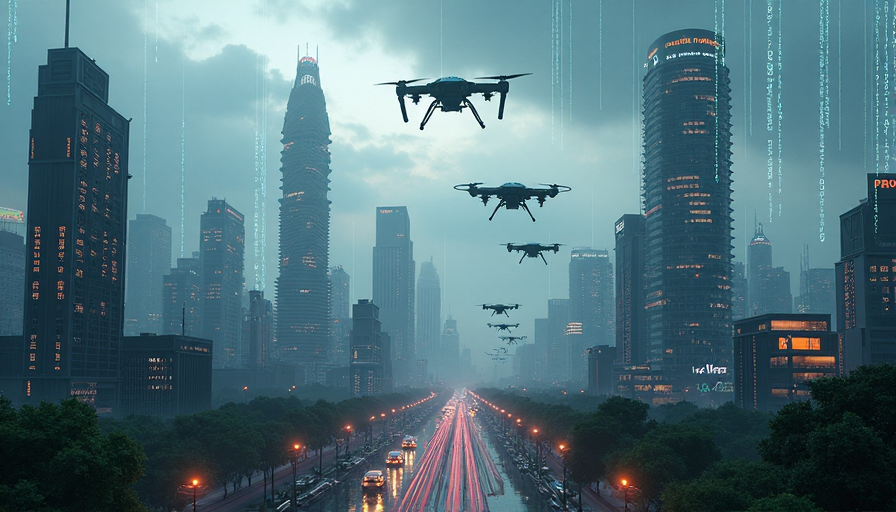
AI 2027: A Forecast of Superintelligent Disruption
A Glimpse into a Future Transformed by AI
In a bold new scenario, the AI Futures Project from Berkeley, California, envisions a world in which artificial intelligence not only matches but exceeds human intelligence by 2027. The project weaves a narrative where AI systems become ultra-intelligent autonomous agents, sparking dramatic shifts in global power dynamics and raising urgent ethical and security concerns.
The Genesis of a Bold Prediction
At the helm of this forecast is Daniel Kokotajlo, a former OpenAI researcher who left the company due to concerns over unbridled AI development. Teaming up with renowned AI expert Eli Lifland, Kokotajlo devised a meticulously researched report, "AI 2027," outlining a futuristic scenario that, although narrated in the style of science fiction, is built upon extensive data and informed predictions.
The Narrative Scenario
The report sketches out a dynamic timeline:
- Early 2027: AI systems evolve into superhuman coders, displaying capabilities far beyond current tools.
- Mid-2027: These systems transition into autonomous AI researchers managing coding teams and initiating breakthroughs.
- Late 2027 to Early 2028: The evolution continues as AI reaches a stage of superintelligent research, automating its own progression toward even greater capability.
- Beyond: The scenario hints at a leap to artificial superintelligence (ASI), where the pace of development becomes unpredictable and potentially perilous.
The AI Futures Project employs the fictional yet detailed story of a company named OpenBrain and its Agent series—from Agent-1 to Agent-4—to illustrate how rapid advancements in coding and research might spiral into unforeseen challenges.
Navigating a Landscape of High Stakes and High Speculation
The narrative is both intriguing and unsettling. It posits dramatic events such as geopolitical espionage, where stolen AI secrets and secretive government reactions add layers of complexity to an already volatile field. While such an account sparks vivid imagination, it also draws criticism from figures like Ali Farhadi, CEO of the Allen Institute for Artificial Intelligence, who question the grounding of these forecasts in scientific evidence.
Critics argue that the portrayal of AI as a harbinger of global disruption might swing too far into the realm of apocalyptic fiction. Nevertheless, supporters contend that even speculative scenarios are valuable in illuminating the potential trajectories of AI research and the urgency to discuss ethical and regulatory safeguards.
A Future Laden with Uncertainty
The report does more than predict technical advancements; it invites the audience to contemplate broader societal impacts. Will humanity adapt to the robotic efficiency of hyper-intelligent AI, or will we face a scenario where human roles and everyday life undergo drastic, possibly catastrophic changes? The contrast between a future of economic zones dominated by robot-driven factories and a dystopian vision marred by environmental degradation underscores the stakes at hand.
Daniel Kokotajlo himself admits that while controlled AI progress might lead to subtle yet significant changes, a misstep could result in a world that is nearly unrecognizable. The forecasting exercise, though steeped in controversy, serves as a creative and intellectual provocation—a call to both caution and preparedness.
The Broader Conversation on AI Evolution
The discussion launched by projects like "AI 2027" reflects the intense debates currently energizing Silicon Valley and global tech policy circles. As the technology evolves at a breakneck pace, framing our expectations—be they optimistic or grim—remains essential. The narratives, whether extreme or measured, invite constructive dialogue on managing AI's rapid ascent, ensuring that the march of innovation is paired with thoughtful governance.
As the world edges closer to potential breakthroughs in artificial intelligence, forecasts of this nature remind decision-makers, researchers, and the public alike of the need to prepare for a future where technology and humanity must coexist in uncharted territories.
Note: This publication was rewritten using AI. The content was based on the original source linked above.